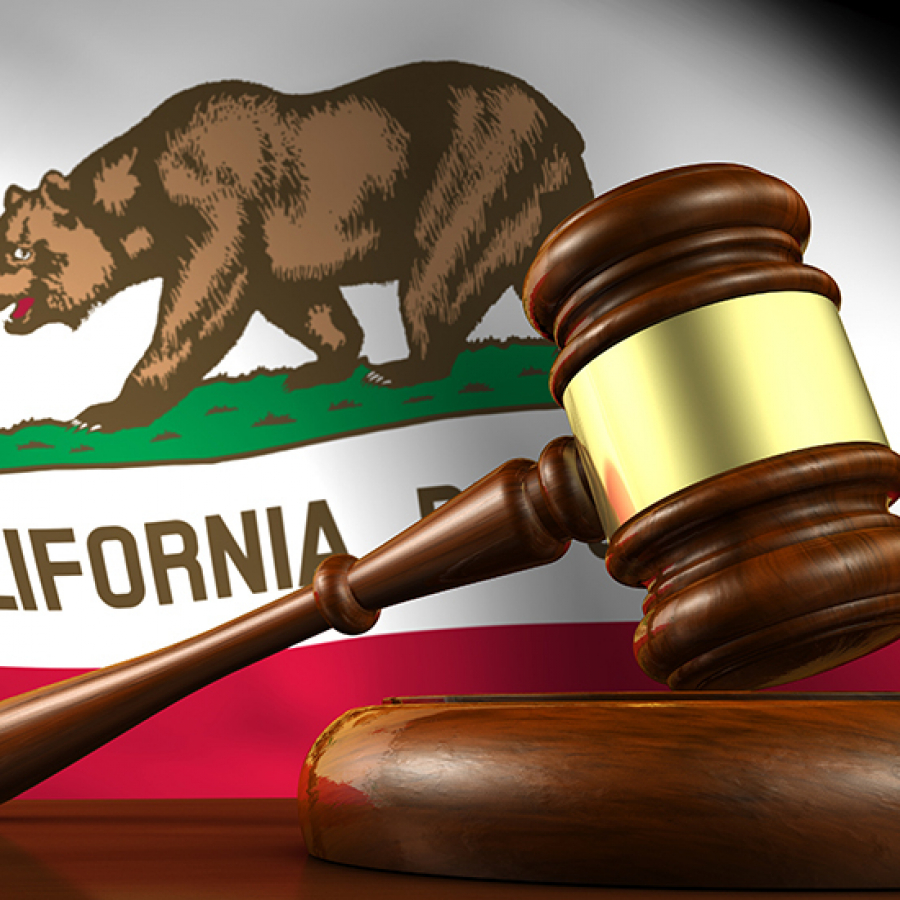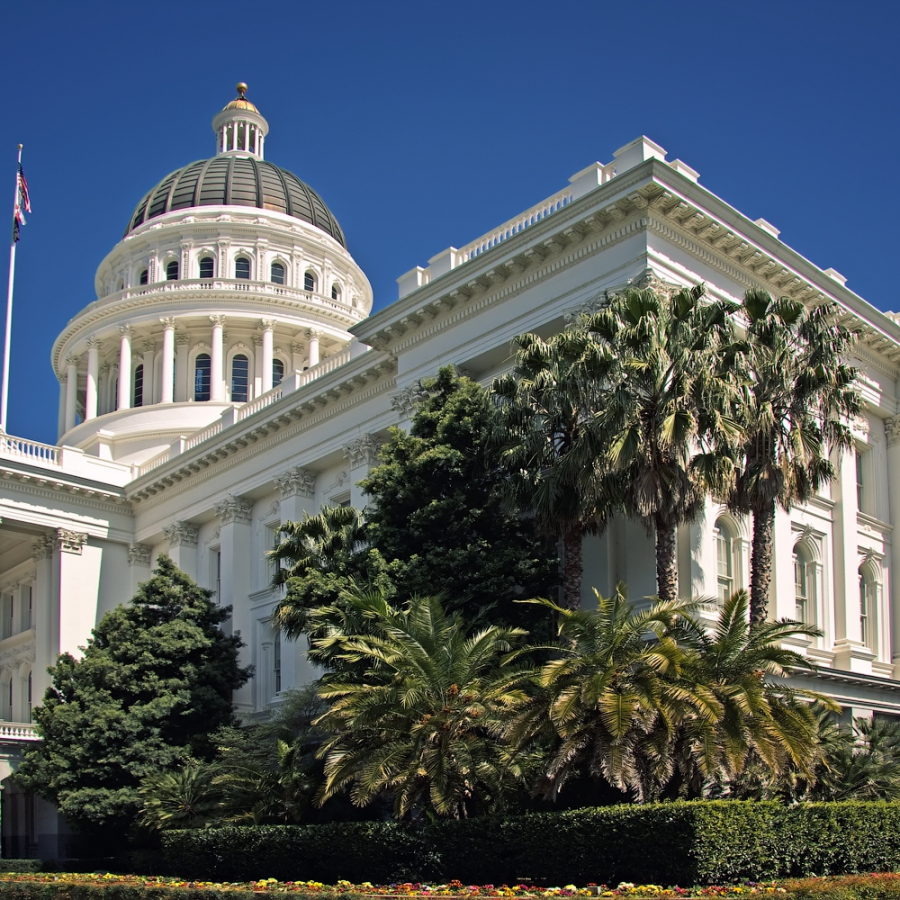
Legal
Inside AmSpa’s Legal Summaries: Breaking Down Med Spa Law by State
If you’re running a medical spa, you probably wear a dozen hats before lunch, provider, HR, marketing, IT, therapist, and ...

Show your committment to patient safety, legal compliance and community over competition.
AmSpa members receive preferred pricing on all AmSpa live and virtual trainings.
Get the latest news and information about safe, legal practice in medical aesthetics directly in your inbox.
Get access to med spa laws, in-person and online training and more!
Posted By Mike Meyer, Friday, November 15, 2019

By Bala Mohan, JD
The question of "Who can do what treatment in a medical spa" is coming up more and more frequently as medical aesthetic practices are breaking the mold of the traditional medical practice model. The merging of medicine and day spa services has created a new industry with multiple governing authorities to regulate it and the varying roles within it.
Find out more about how to open a legally compliant medical spa practice.
Most medical spas provide some combination of medical and aesthetic procedures, including but not limited to:
Often, this menu of services blurs the line between medical and spa treatments. While these procedures are considered medical in most states, exemptions exist in others. For example, the cosmetology boards of certain states allow aestheticians and cosmetologists to perform microdermabrasion and dermaplaning, as long as the procedure does not penetrate the dermal layer of the skin. On the other hand, more restrictive state regulating boards limit aesthetic and cosmetology practices to the topmost layer of the skin.
The authority to administer medical aesthetic treatments follows a basic hierarchy:

Physicians have the broadest authority and often fill the role of owner or medical director in medical spas. The delegation of medical treatments to the rest of the staff falls under the supervision of these physicians, and sometimes NPs and PAs.
Certain states grant independent practice authority to NPs, and in those states, physician delegation or supervision is not required. Independent practice NPs can provide medical procedures falling under their scope of practice. Where NPs due not have autonomy, state laws generally indicate the level of physician supervision required for both NPs and PAs.
In most cases, NPs practice in collaboration with a physician. Depending on the state's laws, collaboration commonly follows written protocols (e.g., a list of delegated medical tasks, restrictions or limitations, prescriptive authority and level of supervision). Similarly, PAs usually practice pursuant to a supervision or delegation agreement, addressing their scope of practice and any applicable restrictions.
The scope of practice of an RN is more limited and subject to stricter delegation and supervision than that of an NP or PA. Unless state law dictates otherwise, a qualified physician or independent practice NP may delegate medical tasks to RNs, as long as the procedure is within their scope of practice and competency has been verified. If required, written protocols are delineated and appropriate supervision provided. If state laws do not define the level of supervision, the delegating practitioner must use their professional judgement to identify and engage in it appropriately.
The scope of practice of LPNs/LVNs is more limited and subject to stricter delegation and supervision than an NP, PA or RN. State laws generally dictate the medical tasks that a qualified physician or independent practice NP can delegate to LPNs/LVNs, whether written protocols are required, and the appropriate level of supervision. Similar to RNs, if state laws do not define the level of supervision, the delegating practitioner must use professional judgement to identify and engage in it appropriately.
There is much confusion in the medical spa world about who is considered licensed personnel. While aestheticians and cosmetologists are licensed by cosmetology boards, they are considered unlicensed personnel by medical standards. They generally are permitted to perform spa procedures—e.g., facials and certain types of massages—that fall under their cosmetology licensure, but prohibited from doing anything requiring medical training.

In addition to estheticians and cosmetologists, medical assistants (MAs) are considered unlicensed personnel for medical treatments and can perform treatments in medical spas only as state law allows. With limited to no medical training, these staff members generally are not permitted to perform medical or invasive procedures. Even if state law allows delegation, it often requires that the delegating practitioner provide onsite direct supervision during procedures. Delegation of medical treatments to unlicensed personnel must be approached with extreme caution.
From state to state, laws related to medical spa treatments vary from the very detailed to the very sparse, leaving room for legal interpretation.
Read these blogs to know more about the medical spa laws you need to understand to open and run a legally compliant medical spa practice:
Read these blogs to know more about the medical spa laws you need to understand to open and run a legally compliant medical spa practice:

AmSpa members receive a complimentary 20-minute Introductory Compliance Assessment with a ByrdAdatto attorney. Click here to learn how to join AmSpa today!
Bala Mohan, JD, knew from a very young age that her choice of career would be related to science because she excelled in her biology and chemistry coursework. With a strong passion for genetics and the desire to find a cure for her mother—who was diagnosed with diabetes at an early age—Mohan obtained a Bachelor of Technology in Pharmaceutical Biotechnology. Having worked as a scientific researcher during her undergraduate studies, Mohan greatly values attention to detail and is a meticulous person. She then pursued a master's in Entrepreneurial Biotechnology to gain knowledge about business and startups. This landed her a position with Cleveland Clinic Innovations, where she evaluated over 100 innovations and negotiated deals with potential investors. In this role, Mohan had the opportunity to interact with business and health care lawyers from multiple health care organizations, and she quickly realized that her real calling in life was to be a health care attorney. Subsequently Mohan obtained her JD and was able to pursue a career that combined all her interests—science, business, and law.
Related Tags
Medical spa news, blogs and updates sent directly to your inbox.

Legal
If you’re running a medical spa, you probably wear a dozen hats before lunch, provider, HR, marketing, IT, therapist, and ...

Legal
California has now passed two laws that will have an effect on how investors, health care entities and management services ...

Legal
A newly passed law in California will prohibit certain contractual provisions between medical and dental practices and private equity groups ...

Legal
By Patrick O'Brien, General Counsel, American Med Spa Association (AmSpa)The September bulletin from the Texas Medical Board (TMB) helps to ...